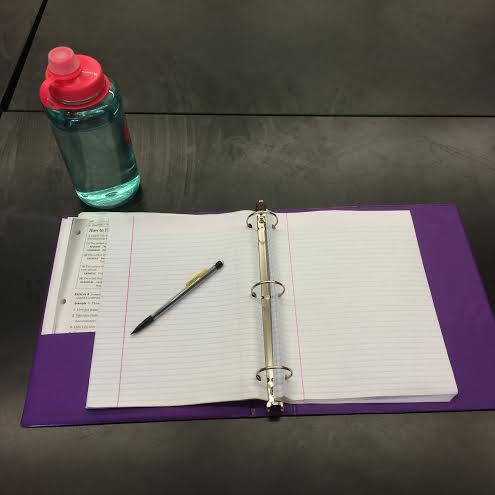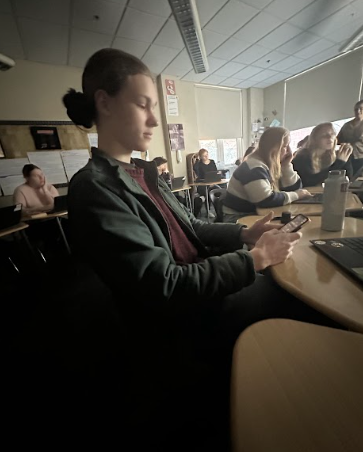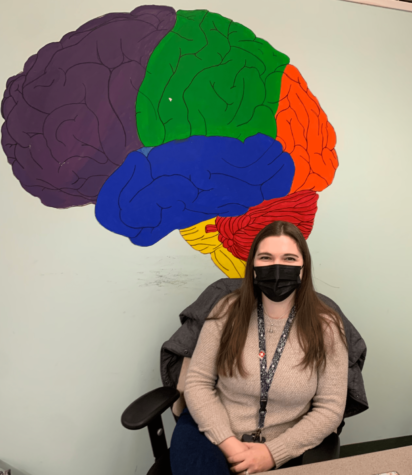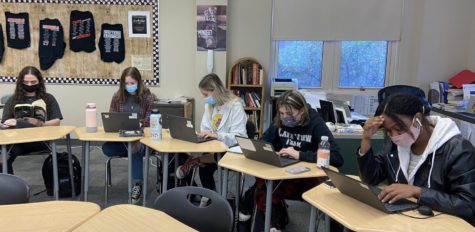Learning in the 21st Century

March 3, 2016
In order to understand how we, as people, learn, it is crucial to understand what the basic definition of learning is. Learning is a measurable and relatively permanent change in behavior through experience, structure, or study. The definition goes on to say that learning itself cannot be measured, but the results of learning can be. So why is this so important? Why do we need to understand how people learn? Humans and all other kinds of species have been learning for thousands of years through evolution.
When you hear the word “learning” most people will think of a classroom. True, a lot of learning does take place in the classroom, but we can sometimes neglect other factors such as environment, emotional, and sociological factors. Howard Gardner says that there are eight types of intelligence which are linguistic, logical, visual, musical, naturalistic, bodily, interpersonal, and intrapersonal. It is safe to say that most people think intelligence and learning are connected. Gardner goes on to say that we cannot confuse our different intelligences with learning. Gardner says, “Learning is fluid and complex, and it’s important to avoid labeling students as one type of learner.” Brooke Fitzgerald said that the best way she learns is through hands on activities and student-teacher communication. She went on to say that she sees this in Mrs. Leo’s classroom and her teaching is very compatible with her way of learning. Mr. Krieger was then interviewed and said he loves to teach using hands-on activities and give his students the lead in their learning.
As we know there are always two sides to every case. Some studies say there is only one way to learn. Studies have tried to prove that learning can be done in more than one way but the findings are not credible. The article states that people do not learn differently, at least in the way the studies claim. In addition, the article states that trying to find more than one type of learning is a waste of time and resources.
One thing to address in this article is the debate over male versus female learners. Does one gender learn better than the other? One article says we can see the differences most in younger children. Educational psychologists have found that girls appear to have higher standards in the classroom and that they outperform boys. One study says this is because, “Girls are more concerned than boys are with pleasing adults, such as parents and teachers.” Another article states that the differences are also seen in young children but as we get older, the differences become more subtle. Brooke Fitzgerald told me that she believes males and females are equally intelligent but females sometimes tend to apply themselves more in the classroom. Although there is a lot of research it is still not clear whether any of these accusations are accurate or not. Learning is something that we have to take one step at a time and find the best approach.
Finally, technology has had a huge impact in the classroom over the past few years. It seems that every day there are new advances in technology and this impacts our learning. Mr. Krieger says that the biggest change in learning he has seen is the technology. He says, “Technology is a great tool for accessing information, but you have to be careful about deciphering the information presented to you.” Not everything on the internet is true. We live in the age of cellphones and computers, everyday people Google information on their phones and believe everything they find to be true. Brooke Fitzgerald stated what an advantage technology can be, but it can also be a great distraction.
Overall, it is important to understand how we learn so we can improve for the future. Clearly, we still do not know everything there is about learning and we have a lot more research to do but this is a good start.







Katie Leo • Mar 11, 2016 at 6:53 pm
Insightful article, Julia! I think you bring up really important ideas about how learning is constantly changing and works in different ways for different people.
This is why I love my job—teaching helps me to be a better learner. Teaching and learning are always changing, so I will never be bored in my profession.
Lisa • Mar 4, 2016 at 1:35 pm
Great article Julia!
Tracy Wagner • Mar 3, 2016 at 4:25 pm
As the Director of Teaching and Learning for IPS, I was very excited to see this article in the Transcript! Julia Kennedy did a very nice job synthesizing current educational theory research with the experiences of her classmates and the thoughts of Ipswich High School teachers. Well done!